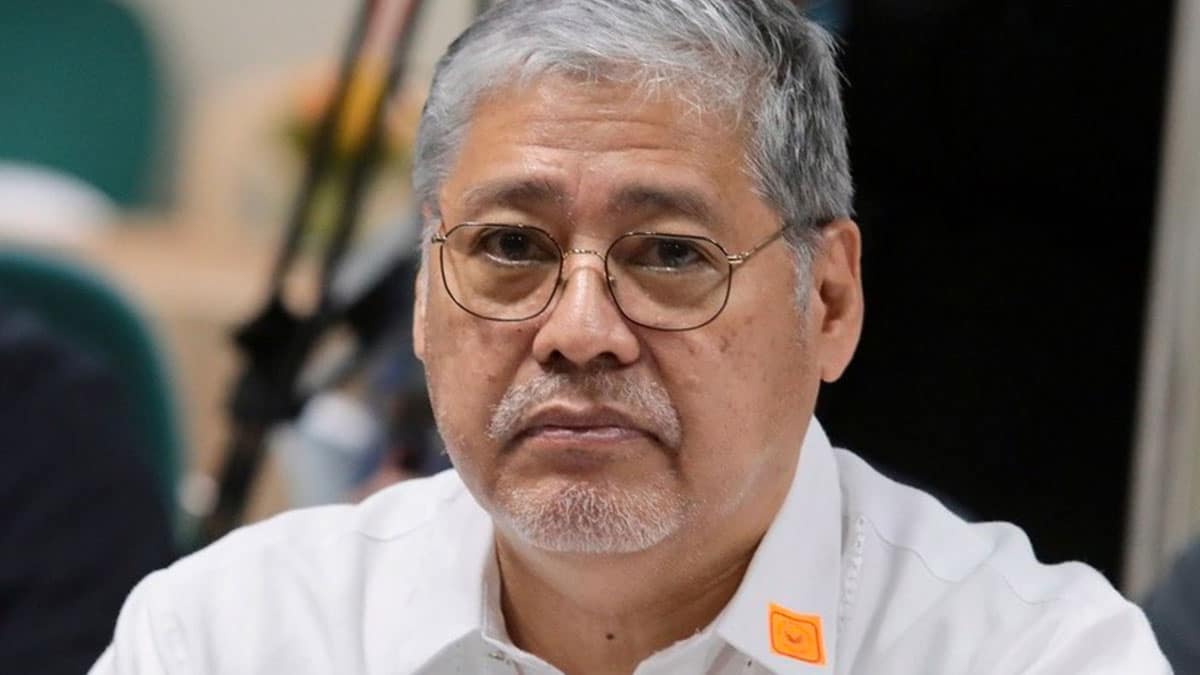PH raises South China Sea concerns during code of conduct talks
MANILA, Philippines — The Philippines voiced concerns about the South China Sea, including incidents that endangered its vessels and personnel as well as actions that infringed on its sovereignty, sovereign rights and jurisdiction during negotiations between the Association of Southeast Asian Nations (Asean) and China for a code of conduct (COC) in those waters, the Department of Foreign Affairs (DFA) said on Monday.
The Philippines, which hosted the latest round of talks last week, also reiterated its commitment to resolving disputes peacefully and pursuing constructive diplomatic approaches in managing differences at sea, the DFA said in a statement.
The meeting of the joint working group on the Implementation of the Declaration on the Conduct of Parties in the South China Sea (DOC), which is tasked to undertake the COC negotiations, was held in Manila from April 9 to 11. The joint working group is cochaired by Malaysia and China.
“The meeting was an opportunity for the Philippines to strongly call for the need to adhere to international law, particularly the UN Convention on the Law of the Sea (Unclos) and the 2016 South China Sea arbitral award,” the DFA said.
READ: West Philippine Sea seen on Google Maps
A tribunal established under the Unclos had ruled overwhelmingly in favor of the Philippines in its dispute with China by invalidating China’s claims to “historic rights” and its “nine-dash line” that asserted extensive maritime rights in the South China Sea.
Foreign Affairs Secretary Enrique Manalo told reporters that issues such as those in the West Philippine Sea, covering the country’s exclusive economic zone (EEZ), “are one of the reasons why we need to have a code.”
The South China Sea remains a source of tension between China and its Southeast Asian neighbors, with ties between Beijing and the United States’ ally Manila at their worst in years amid frequent confrontations that have sparked concerns they could spiral into conflict.
Beijing claims sovereignty over most of the South China Sea, which it asserts through a fleet of coast guard and fishing militia that some neighbors accuse of aggression and of disrupting fishing and energy activities in their EEZs.
China insists it operates lawfully in its territory and does not recognize the 2016 arbitral award.
In February, the Philippine Coast Guard accused the Chinese navy of performing dangerous flight maneuvers near a government aircraft patrolling a disputed shoal in the South China Sea, an account Beijing disputed.
Asean and China pledged in 2002 to create a code of conduct, but it took 15 years to start discussions, and progress has been slow.
Far from an agreement
The negotiations continued to tackle various paragraphs of the draft COC, including the so-called “milestone issues,” or critical points such as the code’s scope and whether it can be legally binding, in line with the commitment of Asean and China to conclude a substantive and effective COC at the earliest possible time, the DFA said.
During the 27th Asean-China Summit in Laos last October, President Marcos called on Asean member states to fast-track the Asean-China COC to push for meaningful progress amid China’s continued aggression and harassment in Philippine waters.
“In our view, there should be more urgency in the pace of the negotiations of the Asean-China [COC],” Marcos said, emphasizing that “core elements of the COC, such as the milestone issues of geographic scope, the relationship between the COC and DOC, and its legal nature to this day remain outstanding.”
The President also stood firm that “the definition of a concept as basic as ‘self-restraint’ does not yet enjoy consensus.”
“It is time that we tackle these milestone issues directly so we can make substantive progress moving forward,” he added.
Asked about the Philippines’ preferred legal recourse should the COC become legally binding, Manalo said the country should first examine what will ultimately be adopted, specifically the latest draft of the code.
“I think that’s one of the issues [that] will be discussed perhaps last because we have to ensure our position is that we should have, at least on paper, an effective and substantive code. And then we have to decide how we’ll implement that. So we’re still, unfortunately, not yet there,” Manalo said.
More rounds of negotiations are set to take place this year, including during the Philippines’ chairmanship in 2026, he added.
According to the DFA, the next round of negotiations will be held in Malaysia later this year.
In 2023, the Foreign Ministers of Asean and China adopted the guidelines on accelerating the early conclusion of the COC and agreed to work toward concluding the code within three years.
For comprehensive coverage, in-depth analysis, visit our special page for West Philippine Sea updates. Stay informed with articles, videos, and expert opinions.



















